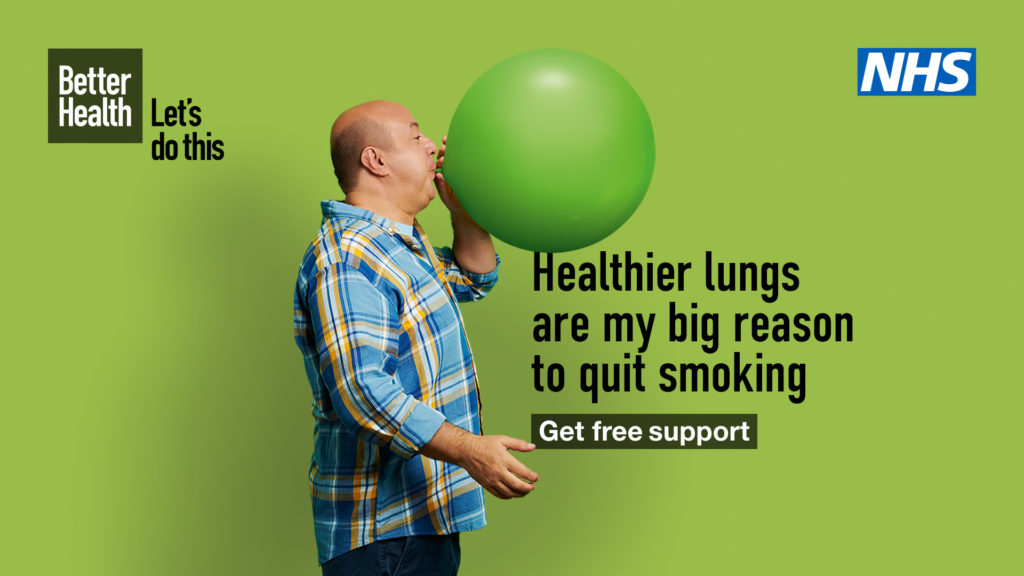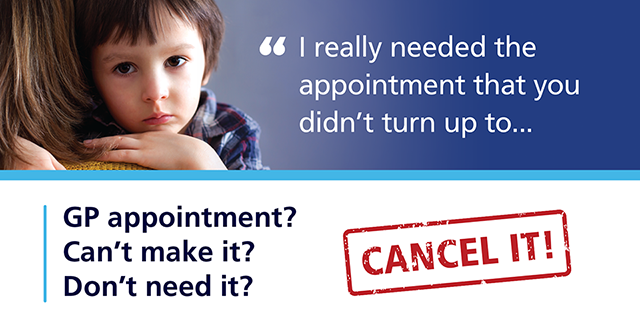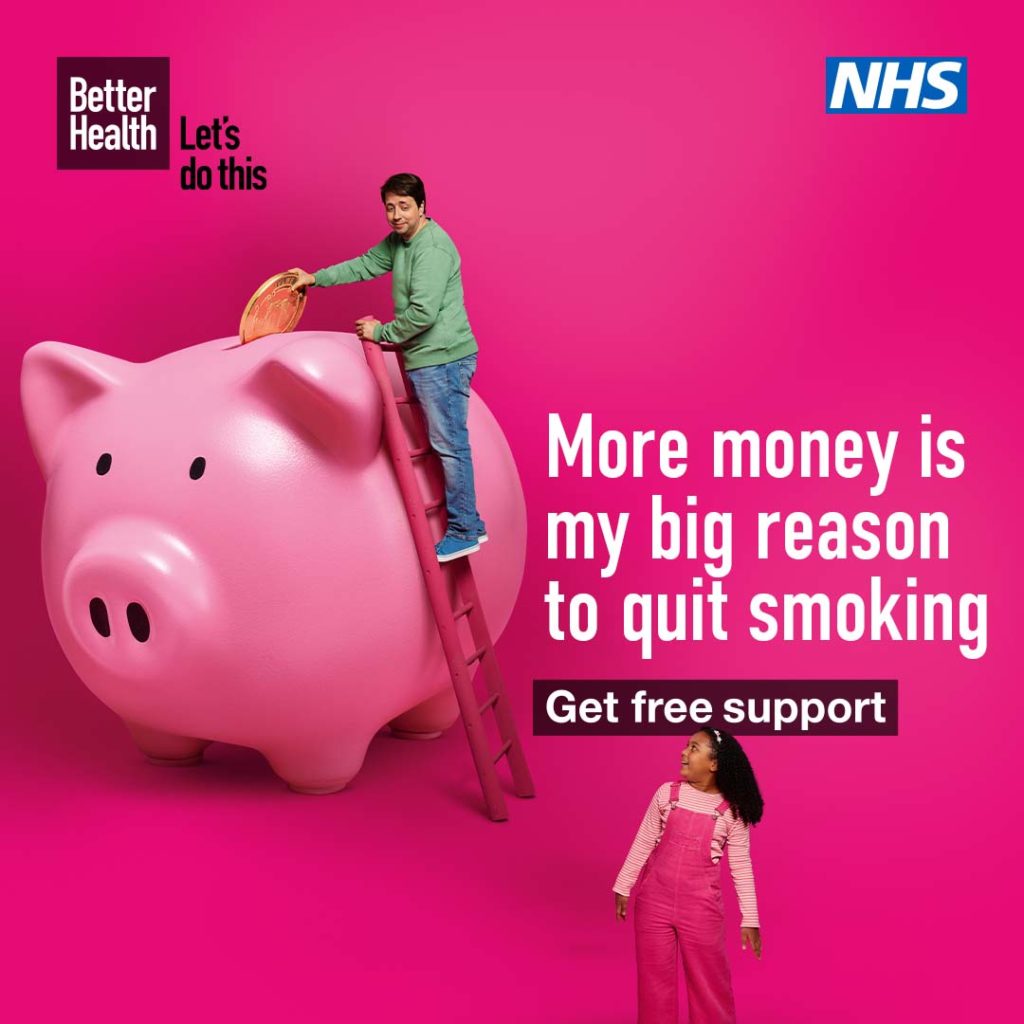Useful Alternatives to a GP
Who is the most appropriate professional for your care?
Please consider what the best options for your healthcare are, based on the urgency of your condition and nature of your ailment. General Practice work in conjunction with other Primary Care providers such as Opticians and Pharmacists, who can deliver advice and treatment within the Community, so make sure you get to see the right person, at the right time, in the right place.
This may save you time in getting the help you need, and avoid arranging an unnecessary appointment with your Doctor.

Have you tried self-care?
A range of common illnesses such as cold and flu and minor injuries can be treated at home simply by combining a well-stocked medicine cabinet with plenty of rest. Many patients attend with conditions that would get better with self-care. Studies show that 25-40% of consultations with a GP are unnecessary so it would help if patients only booked an appointment with a GP if they really need to.
Your medicine cabinet – What you should stock
Examples of the ailments best treated by yourself are:
- Upset stomach
- Grazed knee
- Common cold
- Sore throat
- Headache
- Colds & Flu
Immediate help from your local Pharmacy
Visit a Pharmacy for healthcare advice without an appointment
It is estimated that every year, 50 million visits to the GP are made for minor ailments such as coughs and colds, mild eczema, and athlete’s foot. By visiting your pharmacy instead, you could save yourself time and trouble.
Your local Pharmacist is able to help with minor cuts, sprains, aches and pains, colds and flu, headaches, rashes, cystitis, emergency contraceptive (most Pharmacies now offer this service) and other common conditions.
No appointment is necessary and your local Pharmacist is usually open late, is available at weekends and many public holidays. It will also save you making an appointment with your GP.
Over the Counter Medicines
Please refer to NHS leaflet shown below regarding over the counter medicines.
New Medicine Service
The New Medicine Service is available at Pharmacies to give you extra help and advice if you’re just starting on a new medicine for one of the following conditions:
asthma
chronic obstructive pulmonary disease (COPD)
type 2 diabetes
high blood pressure
people who have been given a new blood-thinning medicine
More about the New Medicine Service
Treat Yourself Better
We support the campaign to encourage people to self-treat minor ailments such as colds and flu. The Treat Yourself Better Without Antibiotics website is full of information to help people understand when how long they can expect their symptoms to last for, when they need to see a doctor and when they would be better off visiting their local pharmacist for advice.
Find Find a Pharmacy near you: https://www.nhs.uk/service-search/pharmacy/find-a-pharmacyyou
Need a medication review?
If you have any regular repeat prescriptions, you will be contacted to book an appointment for a medication review. Pharmacists are taking on this role of reviewing medications in several practices across the country. We are fortunate to have an experienced clinical pharmacists with whom you may book your review appointments with.
Eye problems
Whatever your eye problem your first port of call should be an optometrist. An optometrist is the best person to assess urgent eye problems, check for eye disorders and treat eye conditions. They have the professional training and necessary equipment to assess most eye problems.
If your optician is closed and you can’t wait until it reopens call 111:
Call 111 when we are closed to speak to an NHS professional on any urgent health or medical issue.
Calls are free from landlines and mobiles.
If you sustain an eye injury that requires immediate emergency treatment go to your nearest Accident and Emergency.
Dental Emergency?
For dental emergencies, call the dentist with whom you are registered. You should receive a recorded message advising you of the arrangements that have been made for emergency cover. If you have not registered with a dentist, please try to do so as soon as possible. Dentist’s can perform an appropriate assessment and advise on necessary intervention including use of any antibiotics. Further Help and Advice about emergency Dental Services
If you require emergency treatment, you should contact NHS 111
Dental emergencies are: acute dental pain, facial or oral swelling, bleeding from the mouth or trauma.
Do you need Social Care & Support?
If you or someone you know needs help with day-to-day living because of illness or disability, this website explains your options and where you can get support.
Further Information about Social Care and support
Need to speak with someone when the surgery is closed?
Call 111 when we are closed to speak to an NHS professional on any urgent health or medical issue.
Urgent Care Centre
Urgent treatment centres are a facility you can go to if you need urgent medical attention, but it’s not a life-threatening situation.
At the moment, the NHS offers a mix of walk-in centres, urgent care centres, minor injury units and urgent treatment centres, all with different levels of service.
Find your nearest urgent care centre
If you have an emergency please call 999
Medical emergencies can include:
- loss of consciousness
- an acute confused state
- fits that aren’t stopping
- chest pain
- breathing difficulties
- severe bleeding that can’t be stopped
- severe allergic reactions
- severe burns or scalds
Mental Health Crisis?
You should call 999 or go to A&E if you, or someone you know, experiences a life-threatening medical or mental health emergency. These are cases where there is immediate danger to life or physical injury. A mental health emergency should be taken as seriously as a medical emergency. If you feel like you may be close to acting on suicidal thoughts or have seriously harmed yourself, you should call 999 or go to A&E directly if you need immediate help and are worried about your safety.
It’s important to use A&E only for serious injuries and major emergencies.
You should call 999 or go to A&E if you, or someone you know, experiences a life-threatening medical or mental health emergency. These are cases where there is immediate danger to life or physical injury. A mental health emergency should be taken as seriously as a medical emergency. If you feel like you may be close to acting on suicidal thoughts or have seriously harmed yourself, you should call 999 or go to A&E directly if you need immediate help and are worried about your safety.
It’s important to use A&E only for serious injuries and major emergencies.
Get immediate help for minor injuries
Use your local minor injuries unit if you need medical treatment or advice which does not need a visit to A&E or a medical appointment.
Some examples of problems they deal with:
sprains and strains
suspected broken limbs
minor head injuries
cuts and grazes
bites and stings
minor scalds and burns
ear and throat infections
skin infections and rashes
eye problems
coughs and colds
feverish illness in adults
feverish illness in children
abdominal pain
vomiting and diarrhoea
emergency contraception
Arrange an appointment with a Nurse Practitioner
The Nurse Practitioner is usually able to assess the situation and in some cases will organise initial blood tests and other investigations prior to arranging a follow up appointment with your doctor.
The nurse practitioners complement the service that we offer to you, our patients. Please be assured that a doctor’s appointment will always be available should you prefer but you may get an earlier appointment if you opt to consult the nurse practitioners.
See a Nurse about:
- Blood pressure checks
- Minor Illnesses
- Cervical smears,
- Dressings,
- Family planning advice and contraception,
- Immunisation
- Chronic disease reviews (asthma, COPD and diabetes)
- NHS health checks for 40-70 year olds
- Travel advice
Call the surgery on 02476 394766 to arrange an appointment with a nurse and you may be seen more quickly.

Our Practice Latest News
PSA testing and prostate cancer
12th February 2024Advice for men without symptoms of prostate disease aged 50 and over
NHS App
5th February 2024The NHS App can be used to access a range of features to help you manage your health. Download it […]
Veterans’ Habit Study
25th January 2024The Veterans’ Habit Study is a UK Veterans research project that aims to discover the destructive attitudes and behaviours leading […]
Subscribe to our Latest News!
Personal Details: Your NHS Number
Your NHS number is a 10 digit number, like 485 777 3456; you do not need to know your NHS number to use NHS services, but it can be useful to have it.
You can use the below to find your NHS Number.
Online services allow you to:
- GP, Nurse
- order repeat prescriptions
- see parts of your health record, including information about medicines, vaccinations and test results
- see communications between your GP surgery and other services, such as hospitals
























